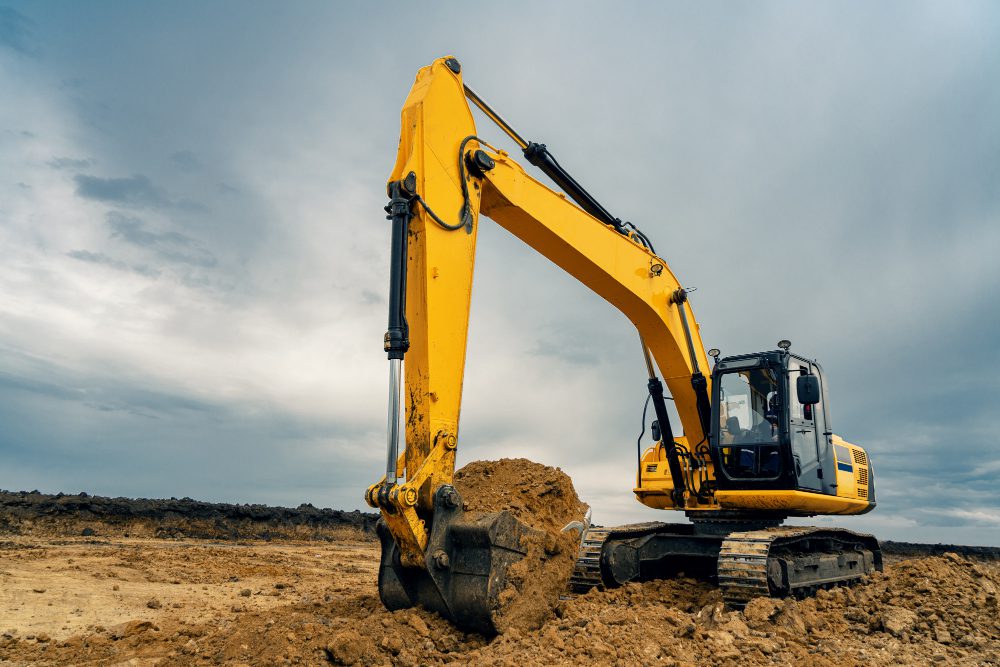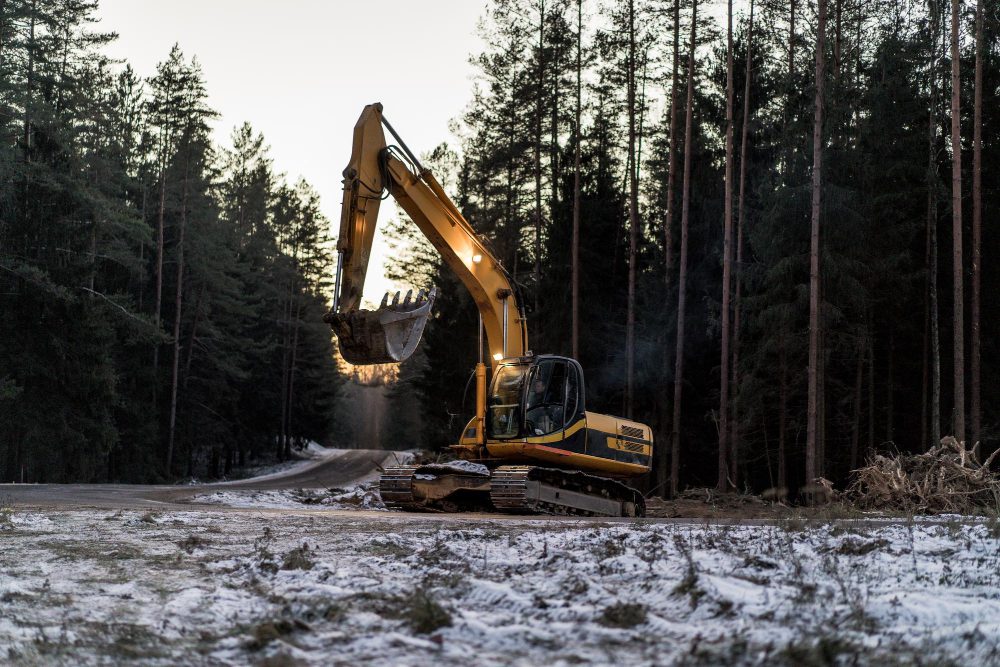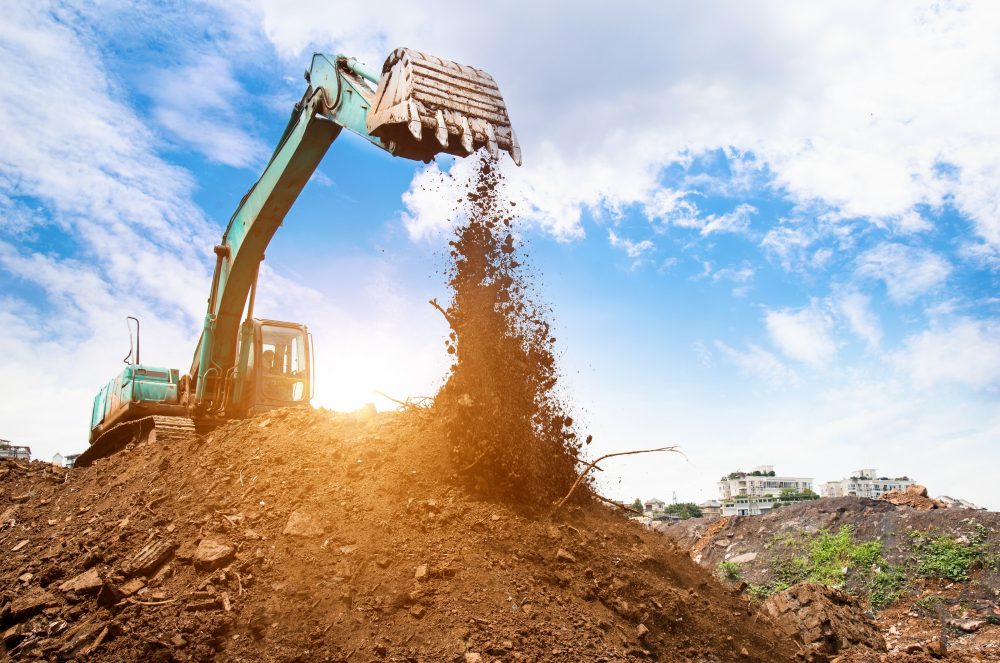Introduction: The Rise of Small Diggers in the UK
With the evolution of construction and DIY projects in the UK, small diggers have become increasingly popular tools. They offer a balance of power and manoeuvrability, suitable for a range of tasks. But can anyone just jump in and use one?
The Basics of Small Diggers
What is a Small Digger?
Commonly referred to as ‘mini excavators’ or ‘compact excavators’, small diggers are hydraulic equipment used for excavating. They typically weigh under 10 tonnes and are favoured for their versatility in various environments, from urban construction sites to backyard projects.
Key Uses
- Landscaping
- Excavation of small trenches
- Demolition tasks
- Drilling holes
- Removing stumps
Can Just Anyone Use It?
Technically, anyone can learn to use a small digger. However, there are essential aspects to consider, such as licensing, training, and safety precautions.
Licensing and Regulations in the UK
In the UK, the regulations around using heavy machinery, including small diggers, have been defined by the Health and Safety Executive (HSE). While there isn’t a specific license just for operating a mini excavator, anyone using one should hold a valid Construction Plant Competence Scheme (CPCS) card or an equivalent recognised competency card.
“The use of work equipment such as excavators requires adequate training as stated by the Provision and Use of Work Equipment Regulations 1998 (PUWER).”
This essentially means that to operate a digger in a professional capacity, you would typically need to undergo a recognised training course and possess the right competency card.
Training and Skill Development
Even if you’re considering using a digger for personal projects, undergoing formal training is highly beneficial. Such training ensures you understand the machine’s nuances, potential hazards, and efficient operation methods. Courses usually cover:
- Basic machine operation and controls
- Routine maintenance and checks
- Safe excavation practices
- Emergency protocols
Safety First!
It’s crucial to remember that while small diggers are smaller than their full-sized counterparts, they still pose significant risks if used improperly. Ensuring safety means not only safeguarding the operator but also those in the vicinity of the machine.
Common safety precautions include:
- Wearing appropriate protective gear, such as helmets and high-visibility clothing
- Regularly inspecting the machine for faults
- Always being aware of the machine’s surroundings, especially when rotating the cab
- Using caution in areas with overhead or underground utilities
Do you need a licence to hire a mini digger (UK)?
In the UK, if you are hiring a mini digger (or mini excavator) for personal use on private property, you generally do not need a special licence to operate it. However, there are a few things to keep in mind:
- Training: Even if a licence isn’t required for personal use on private property, it’s crucial that you know how to safely operate the machinery. There are various training courses available in the UK for plant machinery operation. You might consider taking one if you are unfamiliar with the equipment.
- Hire Companies: The company from which you’re hiring might have its own requirements. Some may request proof that you have undergone proper training or have prior experience with the machinery.
- Public Land or Roadways: If you need to move the digger on public roads, even for a short distance, you might need a specific driving licence, depending on the weight and size of the machinery. Additionally, there might be insurance or permitting considerations.
- CSCS Card: While not always required for private and personal use, a Construction Skills Certification Scheme (CSCS) card might be asked for if you’re operating the mini digger on a construction site or in a professional context.
- Insurance: Always ensure you have the appropriate insurance coverage when hiring machinery. Accidents can happen, and repairing or replacing damaged equipment can be expensive.
- Local Regulations: While the above provides a general overview, always check local regulations or consult with the hiring company for any specific requirements or advice.
For professional operations and larger projects, there are more strict guidelines, qualifications, and certifications that may be necessary. Always ensure you are operating within the law and following best safety practices.
Cost Implications
While purchasing a mini excavator might be an overkill for occasional users, renting one is a viable option. However, costs can vary depending on:
- Model and capacity of the digger
- Rental duration
- Additional equipment or attachments
Pros and Cons of Using a Small Digger
| Pros | Cons |
|---|---|
| Versatility in various tasks | Potential high costs for infrequent use |
| Manoeuvrability in tight spaces | Requires training for optimal use |
| Less damage to landscape compared to larger machines | Limited capacity for heavy-duty tasks |
Conclusion
While anyone can potentially use a small digger, it’s imperative to approach the task with respect for the machinery and an understanding of the UK’s regulations. With the right training, licensing, and adherence to safety protocols, a small digger can be an invaluable asset to any project.


